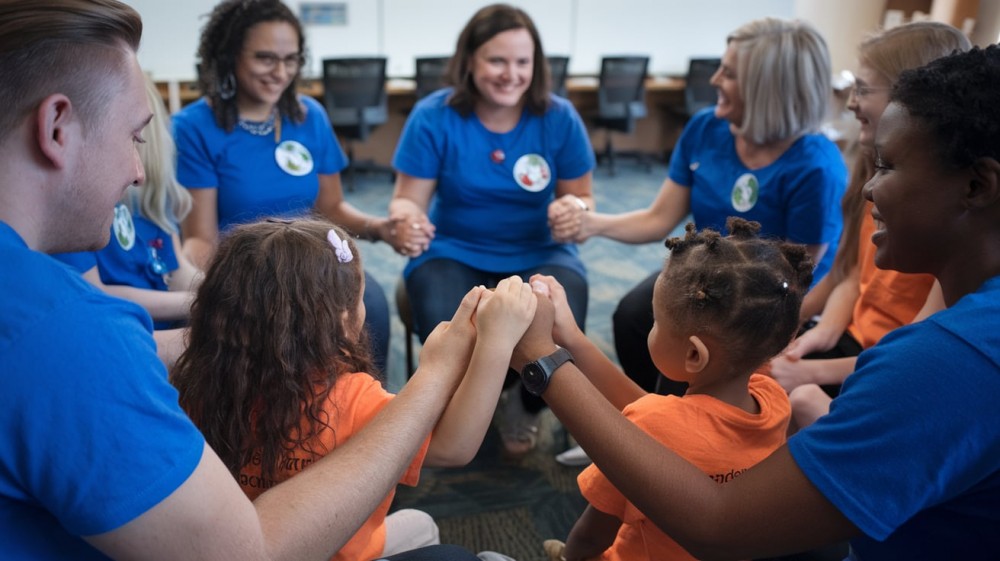Caring for the Tiniest Lives – A Guide to Fostering Babies Fostering babies is one of the most sensitive and meaningful roles within the foster care system. Newborns and infants often enter care due to challenging circumstances such as medical concerns, family instability, or the need for immediate protection. This guide explores the unique responsibilities, emotional depth, and specialised support involved in caring for the youngest children in foster care. Foster carers for babies provide more than just a safe space—they play a crucial part in building the foundation for a child’s healthy development. From feeding and sleep routines to early bonding and attachment, each interaction supports the baby’s emotional security and future wellbeing. Carers must be attentive, patient, and nurturing, offering consistent care that helps infants feel safe and loved during the most vulnerable stage of life. The process also involves close collaboration with child protection workers, healthcare providers, and sometimes birth families. Carers may attend medical appointments, support early interventions, and share developmental updates to ensure the baby receives the best possible care. Training and ongoing support help carers understand infant needs, trauma-informed care, and the importance of early attachment. While fostering babies can be physically demanding and emotionally challenging—especially knowing the placement may be temporary—it is also incredibly rewarding. Carers have the privilege of giving infants a strong start in life: stability, affection, and protection they may not have otherwise experienced. This guide aims to empower potential carers with insight, encouragement, and practical understanding as they consider stepping into this vital role of nurturing the tiniest lives.






















